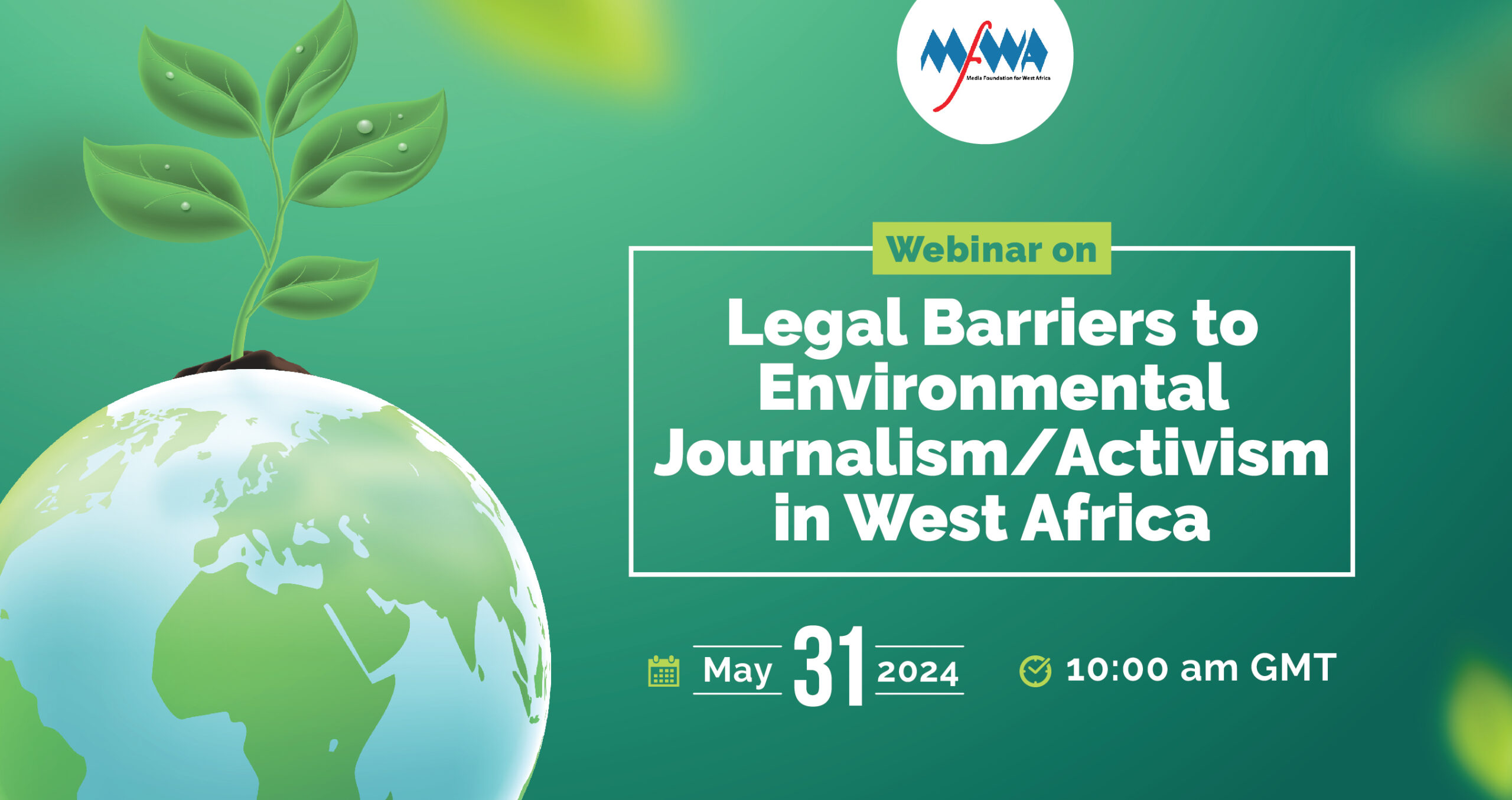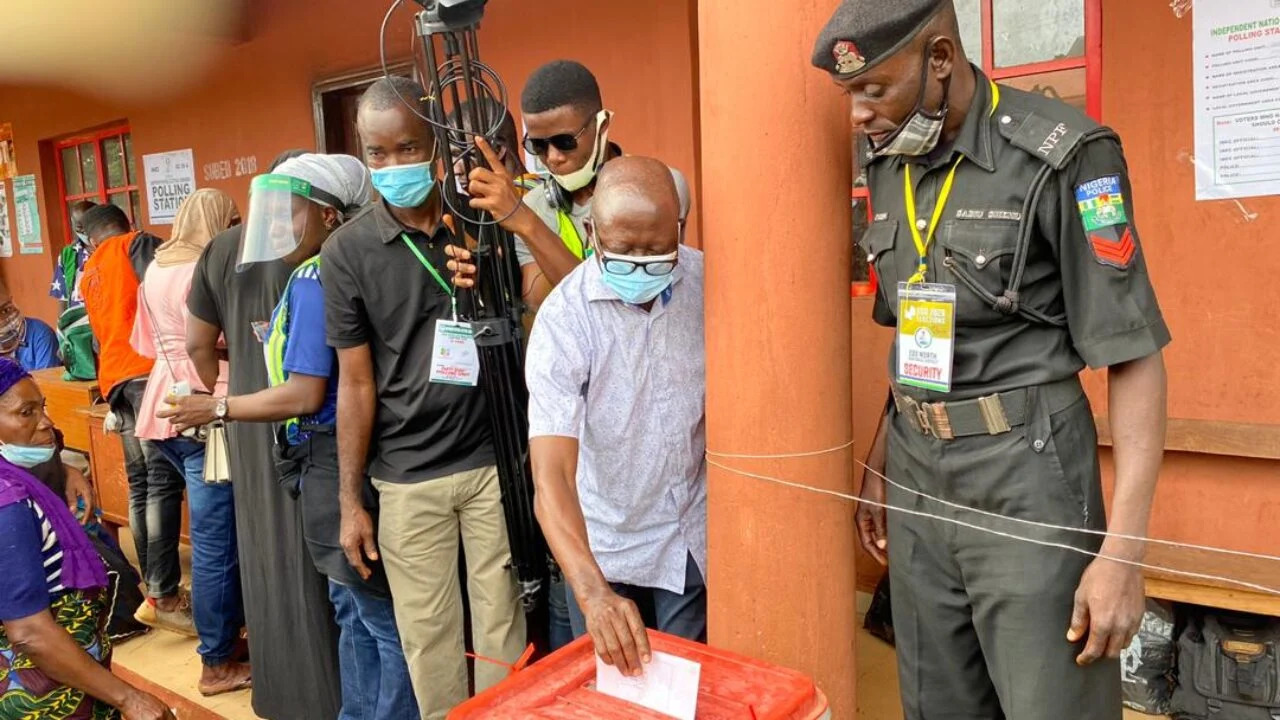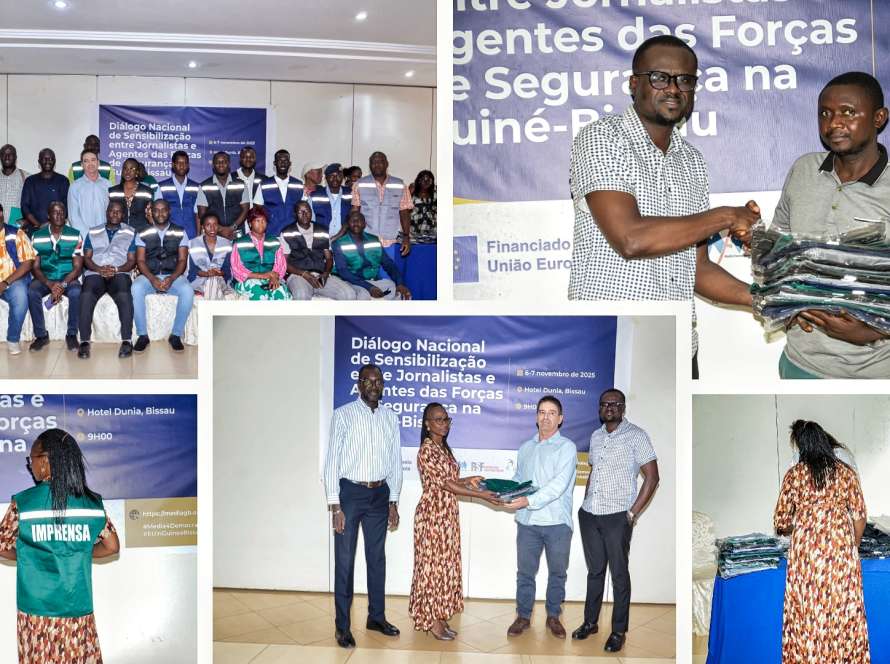Threats against environmental activism continue to escalate across West Africa. The powerful interests behind harmful environmental activities and unsustainable agricultural practices continue to devise strategies to silence environmental journalists and activists. These powerful interests sometimes threaten or physically attack journalists and activists who highlight the harm caused by their nefarious activities which endanger the very existence of mankind.
One of the measures increasingly being deployed to intimidate and silence journalists and activist is legal harassment. This usually takes the form of arrests, detentions and Strategic Lawsuits Against Public Participation (SLAPP). To further deter environmental activism, some of the interests behind environmental degradation and unhealthy agricultural practices exploit their relationships with government or people in authority to harass journalists and activists in order to force them to self-censor.
The activities of the powerful interests benefiting from environmental degradation continue to further shrink civic spaces and repress the expression of journalists, civil society groups/organisations, communities and individuals. Paradoxically, many of the countries in the subregion have constitutional guarantees for media freedom and free expression. A good number of the countries in the region have further bolstered the safeguards for press freedom by repealing criminal libel laws, with some instituting access to information laws.
Given the dire implications of destructive environmental practices on climate change, air quality, water quality and supply, sustainable agriculture, food security and public health, the work of environmental journalists/activists is now, more than ever, extremely important. Environmental activism is, indeed, the fulcrum of efforts by all stakeholders to preserve the environment and promote sustainable practices for the good of humanity. Environmental activists, therefore need all the support they can get in order to resist the campaign of violence and persecution directed against them.
In this regard, the Media Foundation for West Africa (MFWA) is organising a webinar on Friday, May 31, 2024 to discuss and find solutions to the legal obstacles faced by environmental journalists/activists in West Africa. The webinar will bring together government, intergovernmental bodies, legal practitioners, scientific community, civil society, the media, activists and the general public. The webinar seeks to highlight the challenges faced by environmental activists and empower them with knowledge of legal safety nets to which they may refer in order to push back against the various attacks.






